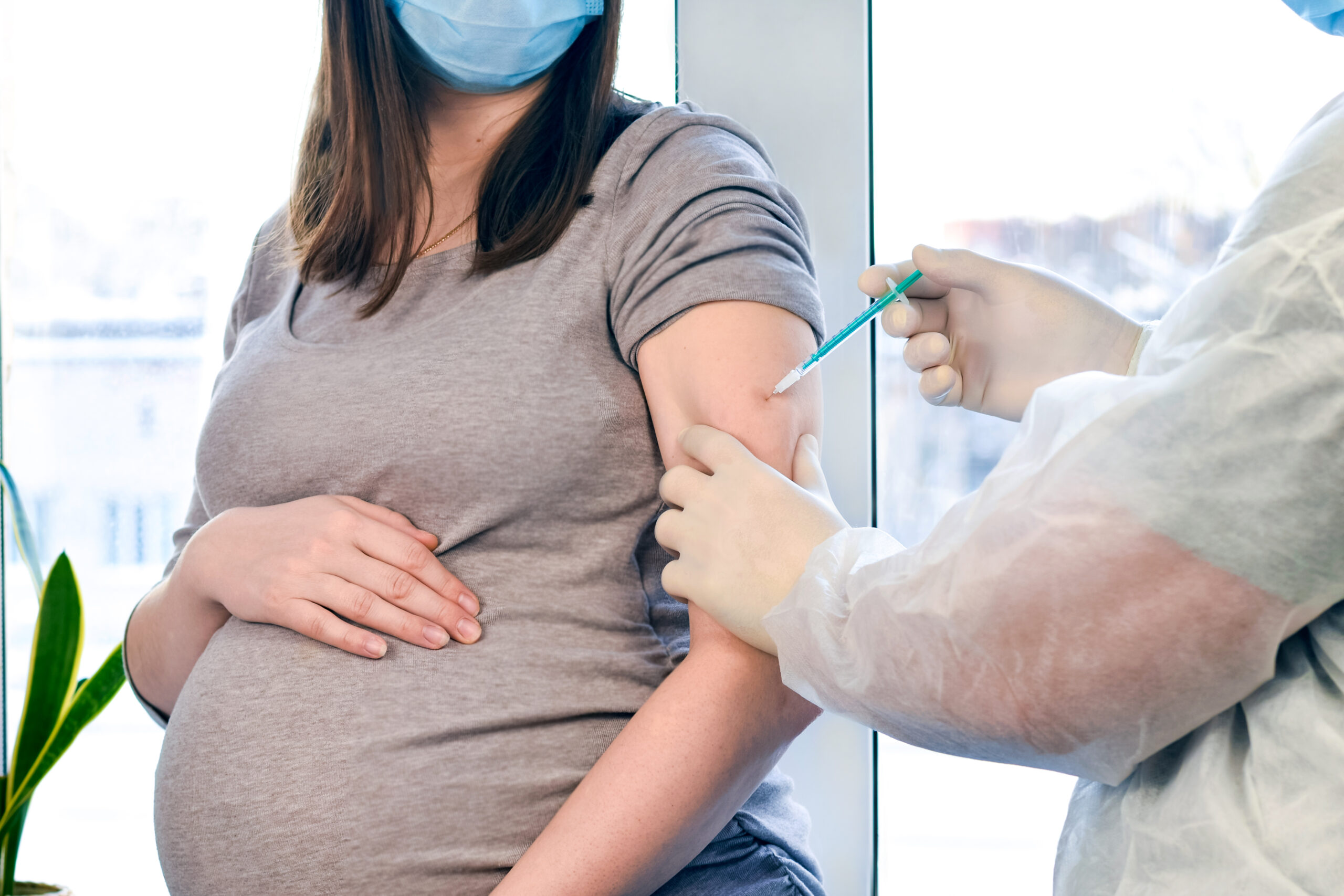As children return to school it is more critical than ever for pregnant women to get vaccinated against COVID-19
By Annette Pinder
While more than 60 percent of U.S. adults are fully vaccinated against COVID-19, just 20 percent or fewer of pregnant women in Western New York are vaccinated. Sarah Berga, MD, chair of the Department of OBGYN in the Jacobs School, president of UBMD OBGYN, and medical director of OBGYN and Women’s Health Program Development for Kaleida Health says, “There are special risks that COVID-19 poses to pregnant women.” Conversely, there are significant benefits of getting vaccinated for both the mother and the baby.
“The health consequences of getting COVID-19 during pregnancy are terrifying and most people just don’t appreciate the risks,” said Berga. “Most sobering of all is the fact that pregnant women with COVID-19 are at higher risk of dying than are pregnant women who do not have COVID-19.” Pregnant women with COVID-19 also are at significantly increased risk for needing intensive care, mechanical ventilation, and preterm (early) delivery.
Dr. Berga encourages health providers to advise pregnant women about these risks, including the need to get vaccinated, especially with the Pfizer vaccine now fully approved by the Food and Drug Administration. With young children returning to in-person learning, Berga and her colleagues are keenly intent on helping providers and the general public understand the exposure and greater risk for pregnant women.
“With children going back to school, we may well precipitate a ‘perfect storm’ of infections among pregnant women as children, even very young children, who are now primary vectors for the spread of the delta variant of COVID-19,” said Dr. Berga. “Pregnant women are often mothers of small children; hence we face the ominous prospect of putting pregnant moms at increased risk of getting COVID-19.”
Dr. Berga points out that the CDC has added pregnancy to its list of medical conditions that can put an individual at increased risk of developing severe illness if they become infected with COVID-19. In contrast, more than 139,000 pregnant women who were vaccinated against COVID-19 have not experienced any increase in preterm delivery, miscarriage, or decreased fertility rates, as compared to non-pregnant women. She also wants women to know that women who have been vaccinated receive an increase in antibodies in umbilical cord blood and in the mother’s breast milk. “So, when you get vaccinated while pregnant you may very well be protecting your baby against COVID-19, which is an added bonus,” said Dr. Berga.
Dr. Berga says that vaccination is also advised for couples trying to get pregnant or contemplating infertility treatments. “Just like any other severe illness, infection with COVID-19 can also negatively impact fertility, something that couples should consider if they are trying to get pregnant. For example, COVID-19 infections have been shown to impair both the concentration and motility of sperm,” said Dr. Berga. On the other hand, studies show that there is no effect on fertility for either men or women in those who have been vaccinated.











